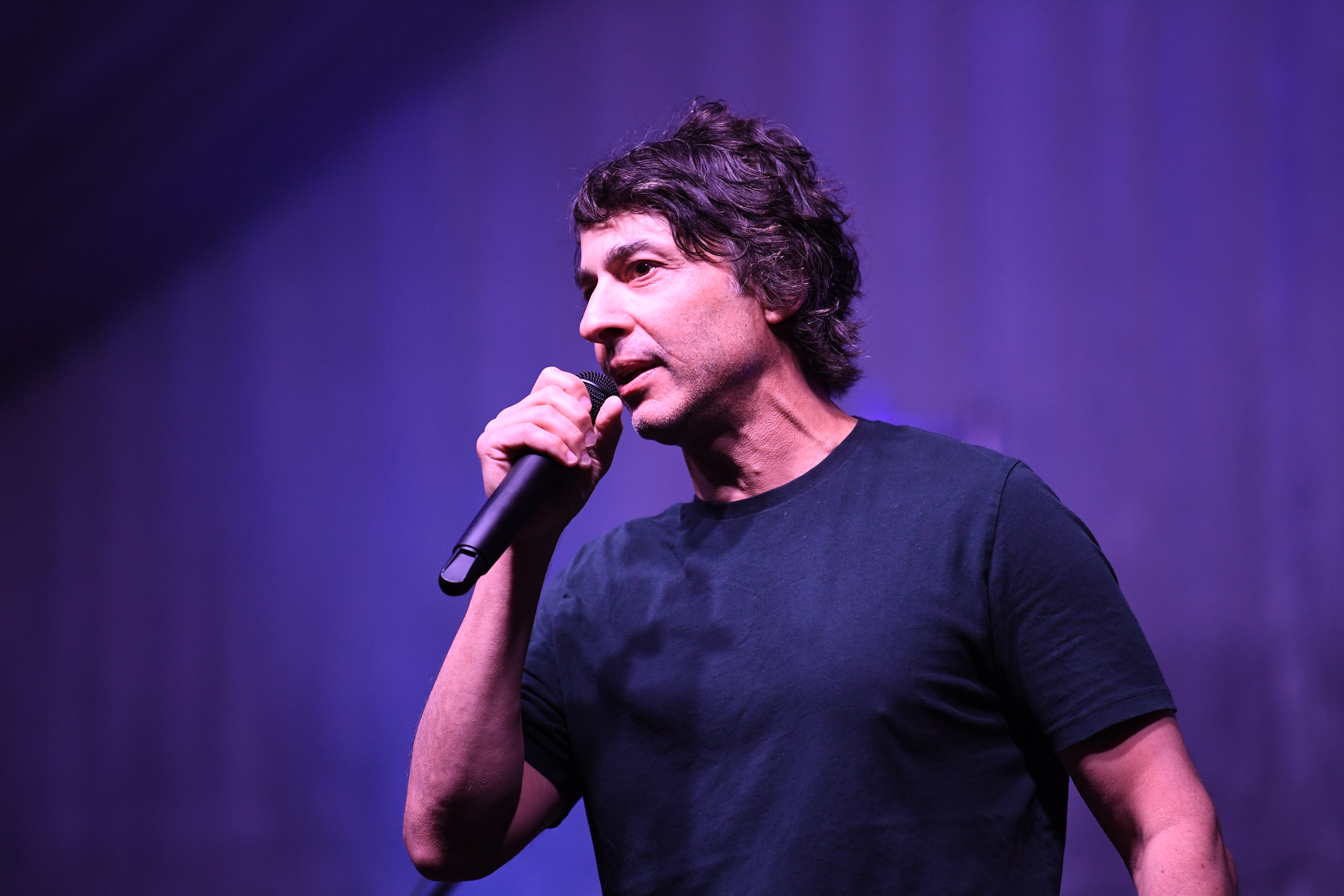The NCAA leveled crippling penalties at Penn State's football program on Monday for covering up sexual abuse by former assistant coach Jerry Sandusky -- including stripping the school of all wins from 1998 to 2011.
That includes 112 total games, all but one coached by Joe Paterno. The penalties will cost Paterno, who was fired in November as the scandal unfolded, his spot as the winningest Division 1 coach of all time.
The pentalties cripple Penn State past and future. In addition to wiping out the past 14 seasons of Nittany Lions football, the NCAA fined Penn State $60 million, banned it from bowl games for the next four years and stripped it of 10 scholarships per season for the next four years. Current players are given an NCAA waiver that will allow them to transfer to another school and play immediately, and the school will be on probation for the next five years.
Those sanctions will make it very difficult for Penn State football to remain competitive.
"As we have examined and discussed this case, we've kept foremost in our thoughts the tragic damage that has been done to victims and their families," NCAA President Mark Emmert said. "There is no action we can take that will remove their pain and aguish.
- VIDEO: NCAA Sanctions Against PSU
- VIDEO: "Corrective Actions" Beyond Sanctions
- VIDEO: Why PSU Did Not Get Death Penalty
- Paterno Loses Win Record
"But what we can do is impose sanctions that reflect the magnitude of these acts and ensure Penn State can rebuild an athletic culture that has gone horribly awry."
U.S. & World
Sandusky was convicted in June of 45 counts of sexual abuse against 10 boys, and is awaiting sentencing. Earlier this month, a report released by former FBI Director Louis Freeh showed that school officials, including Paterno, Penn State President Graham Spanier and Athletic Director Tim Curley failed to report accusations against Sandusky as far back as 1998, in order to protect the reputation of the football program.
The Paterno family issues a statement calling the NCAA's sanctions a "panicked response" to the public's reaction over the Sandusky case. The statement also criticizes the NCAA for failing to conduct its own investigation. Emmert's defense to that criticism by others earlier in the day was that the Freeh investigation was more exhaustive than any that the NCAA has ever conducted.
"Our goal is not to be just punitive but to make sure university establishes an athletic culture and daily mindset in which football will never again be placed ahead of educating, nourishing and protecting young people," Emmert said.
Emmert said that the $60 million fine -- equivalent to one year of revenue from the Penn State football program -- will be used to support programs around the nation that serve victims of sexual abuse.
In a release issued Monday morning, just after the NCAA's announcement, Penn State President Rodney Erickson said the school will not fight the penalties.
"Today we accept the terms of the consent decree imposed by the NCAA," Erickson said in the statement. "As Penn State embarks upon change and progress, this announcement helps to further define our course. It is with this compass that we will strive for a better tomorrow."
Paterno's family blasted the NCAA sanctions -- and Penn State's decision to accept them.
"This is not a fair or thoughtful action," Paterno's family said in a statement. "It is a panicked response to the public's understandable revulsion at what Sandusky did."
The Big Ten Council of Presidents and Chancellors also voted Monday to impose additional sanctions on Penn State, which includes making the school ineligible to receive its share of Big Ten Conference bowl revenues over the next four years, while the school is banned from competing. That money, estimated at $13 million, will be donated to charities dedicated to the protection of children.
The harsh penalty can have repercussions well beyond football, whose large profits -- more than $50 million, according to the U.S. Department of Education -- subsidize dozens of other sports programs at the school. The historic NCAA penalty also worries a region whose economy is built at least partially on the strength and popularity of the football program.
“It's going to kill our town,” said Derek Leonard, 31, a university construction project coordinator who grew up in the area.
Related Stories:
- Article: Paterno Statue Taken Down
- Article: Paterno Family Responds to Statue Removal
- Gallery: Paterno Statue Removed
- Video: Workers Take Down Paterno Statue
- The Freeh Report
Fan, follow and download: Get the latest from NBCPhiladelphia.com anytime, anywhere. Follow us on Twitter, Facebook and NBC Philadelphia. Sign up for our breaking news newsletter. And, get breaking news delivered right to your mobile phone -- just text PHIBREAKING to 639710 to sign up. (Message and data rates may apply.)



